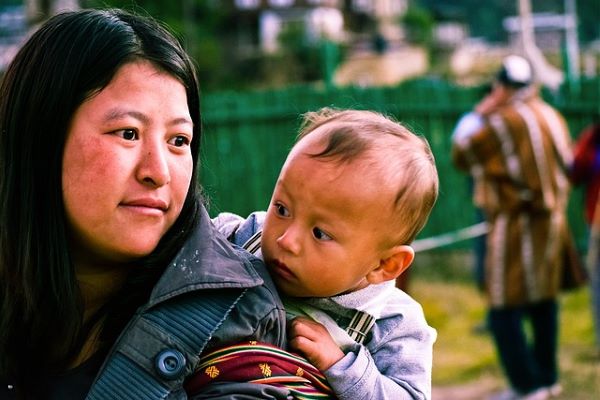A recent analysis suggests that exposure to high levels of heat may impact the growth of fetuses during pregnancy and infants up to the age of 2. This study, published in The Lancet Planetary Health, is the first to show that heat stress can affect babies after birth, building on prior research that focused on fetal development.
Researchers analyzed data from a clinical trial conducted in The Gambia, which examined the relationship between heat stress and infant growth. The study found that a 1°C increase in average daily heat stress during the first trimester was linked to a slight decrease in birth weight for gestational age. No effect was observed for heat exposure during the second trimester, while a potential increase in head circumference compared to body size was noted in the third trimester.
Additionally, infants exposed to high heat levels in their environment up to age 2 were more likely to experience reduced weight and height for their age. The most significant declines were found in infants aged 6–18 months who faced higher heat stress in the previous three months.
Lead author Dr. Ana Bonell from the London School of Hygiene & Tropical Medicine emphasized the need for urgent public health interventions to address the compounding effects of climate change, food insecurity, and undernutrition on young children. The researchers call for further studies to assess these impacts globally and explore factors like diet and socioeconomic conditions that may influence fetal and infant growth.
Also, read: NEET PG 2024: IMA Expresses Concern Over Delayed Counselling, Cites Impact on Students and Healthcare System





